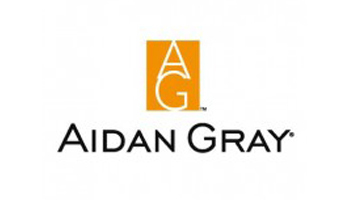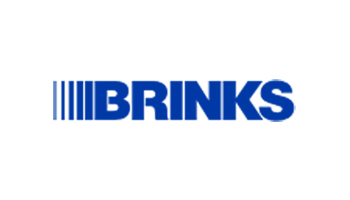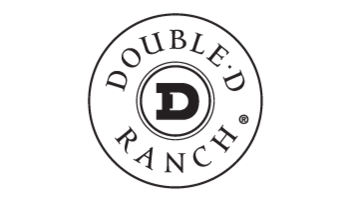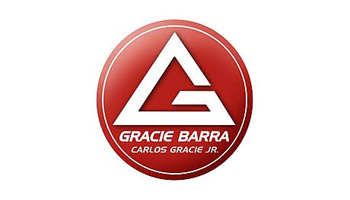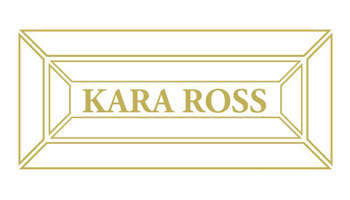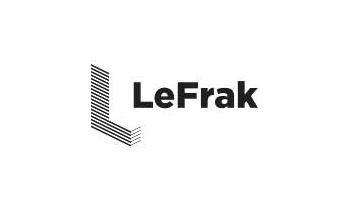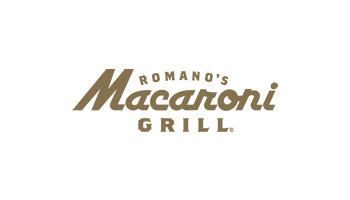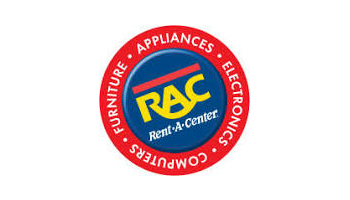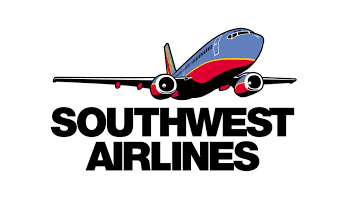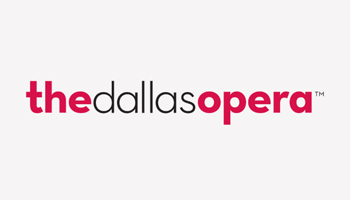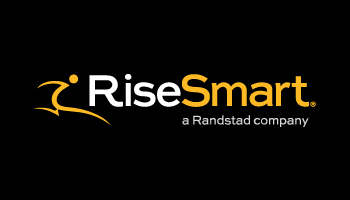We have all made this mistake at some point in the past and many of us are probably still making this mistake without even realizing it.
Maybe you’re a freelancer just starting out and would rather build up your CV or portfolio first… Or maybe you’re running a fledging business and want to undercut the competition to get going and establish a name for yourself in the market. In either case, undercutting isn’t necessarilya bad thing. It can bring clients to your door and get your name out there pretty fast.
However, even if you’re offering deals to get people in the door, there’s a chance that you might still be undercharging. Yikes!

Happier Clients
What you might find surprising is that not only is charging higher prices better for you (in a rather obvious way), but it can actually be better for your clients. Why? Well think about it. Let’s say you’re looking for a wedding photographer. You’ve narrowed it down to two candidates and one is significantlycheaper than the other. You’d think this would be good news for the cheaper photographer, but that’s not necessarily the case. As the client in this example, you’d probably lean towards the higher price one since this is important to you. After all, you’re only going to get one go at the photos for this wedding; you want them to be the best possible. As the client, you probably feel like you’re getting better quality from the more expensive one. And in some cases, this is true.
A huge part of this revolves around perception. For better or for worse, when something is priced higher, it is perceived to be of better quality. It is exactly this phenomenon that leads to what is called “prestige pricing”.
So not only can it be better for your clients, but you will be more likely to land better clients to boot.
Prestige Pricing
Let me give you another example of how this works. I used to know a guy who worked at Nike and was asking him about some of their more “exotically priced” shoes. I had always liked their running shoes, but I also always wondered what was going on with some of their more expensive models. After all, there had to be something ridiculously coolabout them right?
I asked him what the deal was with the prestigious models. What features did they have that my pair didn’t? What would I get out of these? Why would I want to pay more for these? I expectedto hear lots of weird jargon about heel-cushioning, modern materials, and all sorts of sci-fi stuff. I mean, higher price= cooler stuff right?
The answer he gave me took me by complete surprise and taught me a lesson about prestige pricing. He told me that beyond a certain price point, they were all essentially the same and only the price differed (along with some trifling differences like color that did not affect production costs). Naturally, I asked him why Nike did this. He laughed and said,
“Well, if Nike didn’t do it, then Adidas would. And in turn, Adidas would steal that share of the market from us. So, Nike has to beat them to the punch.”
Turns out that even when there is absolutely no difference in quality, people are willing to pay more because the increased price grants a perception of increased quality.
Now you might be thinking that a massive brand like Nike can get away with that sort of skullduggery, and that it does not apply to you. Think again! This is very basic human psychology that is rooted in logic:
The more you pay, the more you get, right?
Even if you think about it at the most basic level, you’ll realize that we all fall prey to this on a daily basis. Imagine you’re out shopping for groceries and you come across two different brands of peanut butter. Sure, you might buy the jar that’s 25 cents cheaper (after all, it’s just peanut butter), but doesn’t a part of you wonder if there is something more to the slightly more expensive one?
At this point it becomes necessary for me to point something out:
This is not some marketing or psychological trick to employ to trick people into paying more.
Yes, there are businesses out there that do take advantage, but that’s not what we’re talking about here. The message here is that rather than putting people off, higher prices can actually work in your favor.
Higher Quality Clients
This all relates to our first point, which is that you are probably not charging enough for your services. And in all likelihood the biggest factor in your decision to undercharge (without meaning to) is a fear that it will drive clients away. Au contraire, you’re less likely to attract clients looking to squeeze you and more likely to attract clients looking for genuinely high quality.
When it comes to services, whether you provide them as a freelancer or as a business, it can be tough to assign a dollar value to it. There really isn’t a guide to how much you should charge for your services. Sure you can find suggestions on blogs and others will tell you what they charge, but it can still be hard to figure out how much youshould charge. Many of us (myself included) have an instinct to err on the side of caution.
But where did this caution get me? Nowhere is precisely where it got me. I started off as a freelance proofreader during my undergrad years before slowly diversifying my talents into editing, writing, and voice over work. Despite always charging what I felt were very fair prices, I never got the clients I hoped I would. Looking back, I would put it down to a combination of being overly cautious, incorrectly thinking I could undercut competition, and a decent chunk of lack of self-confidence (or perhaps self-worth as it pertained to my work).
If you’re a freelancer, to you I say this: you are your own business.Run your freelance work as you would a business, otherwise you will be taken advantage of left, right, and center. Market yourself, have confidence in your own personal brand, and for heaven’s sake don’t undercharge.
Now you might be wondering if I started getting fewer clients when I finally took the conscious decision to charge more. And thankfully, nothing could be further from the truth. I felt more confident in the work that I could provide and more importantly, I dedicated more time as well as energy into my work to prove that I am worth every penny. Turns out, charging more ended up being better for my clients. And it also ended up being better for my self-confidence and my work in general.
All of what I have just told you is not exclusive to freelancers such as myself. It is just as relevant, if not more so, to businesses that sell goods or services. The same concepts of confidence, quality perception, and higher quality clients still apply.
Business or Freelance Makes No Difference

In fact, all of this is even more relevant if you are running a business. Why do I say more relevant? Because as a freelancer your main considerations are generally time and effort. Even the smallest business has some overheads to cover as well as production costs. What can undercharging do to a business with variable and fixed costs to worry about? Well, it can lower quality, stifle efficiency, overwork underpaid staff, and slow down expansion. It can also put off those higher quality clients.
So who does undercharging help? Nobody except your competition. And chances are you don’t want to give them any help or a leg up. You know you’ve got a great service or product to offer, so stop treating it like it isn’t. The clients that would benefit greatly from what you have to offer may never give you a second look because your low prices make them wonder how good your services are.
You might also end up underpaying those great folks you employ because of this and there is no way they’re going to be the best they can be. Worse still, they might find better work elsewhere! If you’ve ever worked fast food or retail, think about how the lack of motivation you felt getting paid next to nothing for your work but still having to deal with all the BS. Personally speaking, I didn’t feel inclined to do my best for the pennies I was being paid. I was also searching Monster.com on my breaks looking for anything to get me out of folding clothes and unlocking dressing rooms. Don’t make this a reality for your employees!
Just “getting by” is not going to get you anywhere in the world of business. Whether you’re a freelancing “one-person business” or a company with a multitude of employees and staff, you’re not doing anybody any favors by undercharging. And that includes your clients as well (both current and potential).
This is without even getting into the specifics of such things as just how effectively higher prices scale well, with your profit margins doing exponentially better as a result. It also helps you better ride out any bumps in the road.
Want to find out more? Well, as luck would have it, we have a free guide that is both concise and informative, and it even goes into the math behind how well charging more can scale for you and your business. Check it out! And best of luck!

